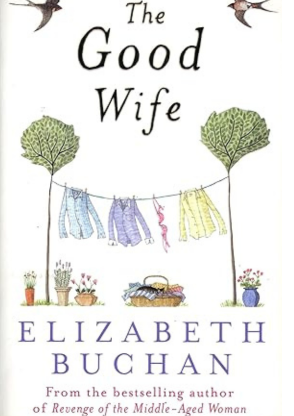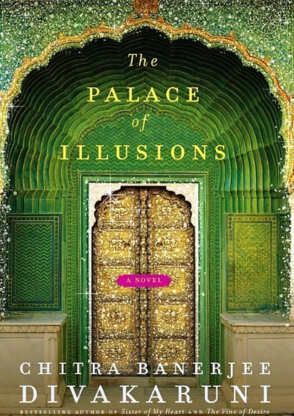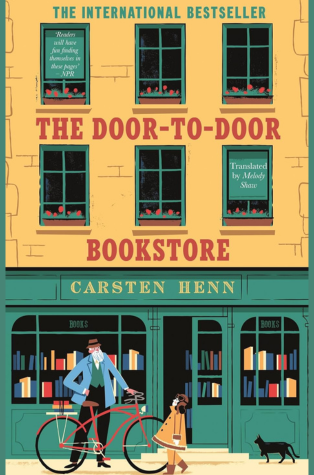Description
The Good Wife is quite a relatable story written by the author Elizabeth Buchan.
The book opens with the sentence, ‘It is a truth universally acknowledged that one person’s happiness is frequently bought at the expense of another.’
This statement sets the tone of the book and pretty well summarizes the storyline. Married for 19 years and in the public eye, Fanny and Will set an example of a perfect marriage. But is that the case behind closed doors?
Will is a hard-core politician who places his work above his happiness. Fanny is a beautiful, intelligent, and obedient wife who also places and is expected to place Will’s happiness above her own. Their marriage has been a complete roller coaster right from the beginning of their alliance. She decided to stay in the marriage even after she found that Will cheated on her. Will’s infidelity was an insult to her love and trust that led to many sleepless nights. However, for the sake of their then 2-year-old daughter, Will’s political career, and societal pressure, Fanny decided to forget but not forgive Will’s actions.
Fanny’s dad, an eminent winemaker, always wanted his daughter to take their family business forward. Fanny was a natural at it too. But her blooming career almost came to a halt after marriage as she was expected to help her husband accelerate his political career. Apart from attending multiple meetings, resolving the concerns of the local people, and handling the paperwork, she was also an advisor to Will.
Will and Fanny were proud parents of a beautiful teenage daughter, Chloe and she was the major reason that Fanny was hanging onto this marriage. Fanny was entangled between managing the home, helping her dad part-time with their family business, taking care of Chloe, and helping Will full-time.
Will depended on her even for trivial matters and, after 19 years, this marriage felt claustrophobic to Fanny.
Years later, when Fanny visited Italy alone to bury her father’s ashes, she experienced something that she had not felt in a long time – Freedom. She finally had time to slow down her life and breathe, sit quietly by herself, take care of herself, and not follow a calendar.
Her willingness to return home began to diminish with every passing day. With Chloe already away for college, she did not feel the obligation to go back home.
Does this decision to stay in Italy affect their marriage? Does she go back home and continue to be ‘The Good Wife’ or decide to restart her life once again after 19 years? I will leave it to you to know.
This book is narrated in the first person’s tone, i.e. from Fanny’s point of view. The author has aptly raised questions about some of the stereotypical and unsaid rules of marriage set by society. To some extent, these stereotypes are still seen in some parts of society. All in all, it is a slow read and there are very few places where you feel a happy emotion. There is a certain tension throughout the story to depict the stress that Fanny is going through, and it translates into the reader as well.
It is debatable if Fanny was ‘The Good Wife’ by sacrificing her own happiness, tolerating Will’s infidelity, and enduring an unhappy marriage without asserting herself. To some, she did the right thing by honoring her role as a wife, while to others, this is not the example we want to set for young girls who will someday be someone’s wife. The definition of ‘The Good Wife’ is not the same for everyone.







Reviews
There are no reviews yet.